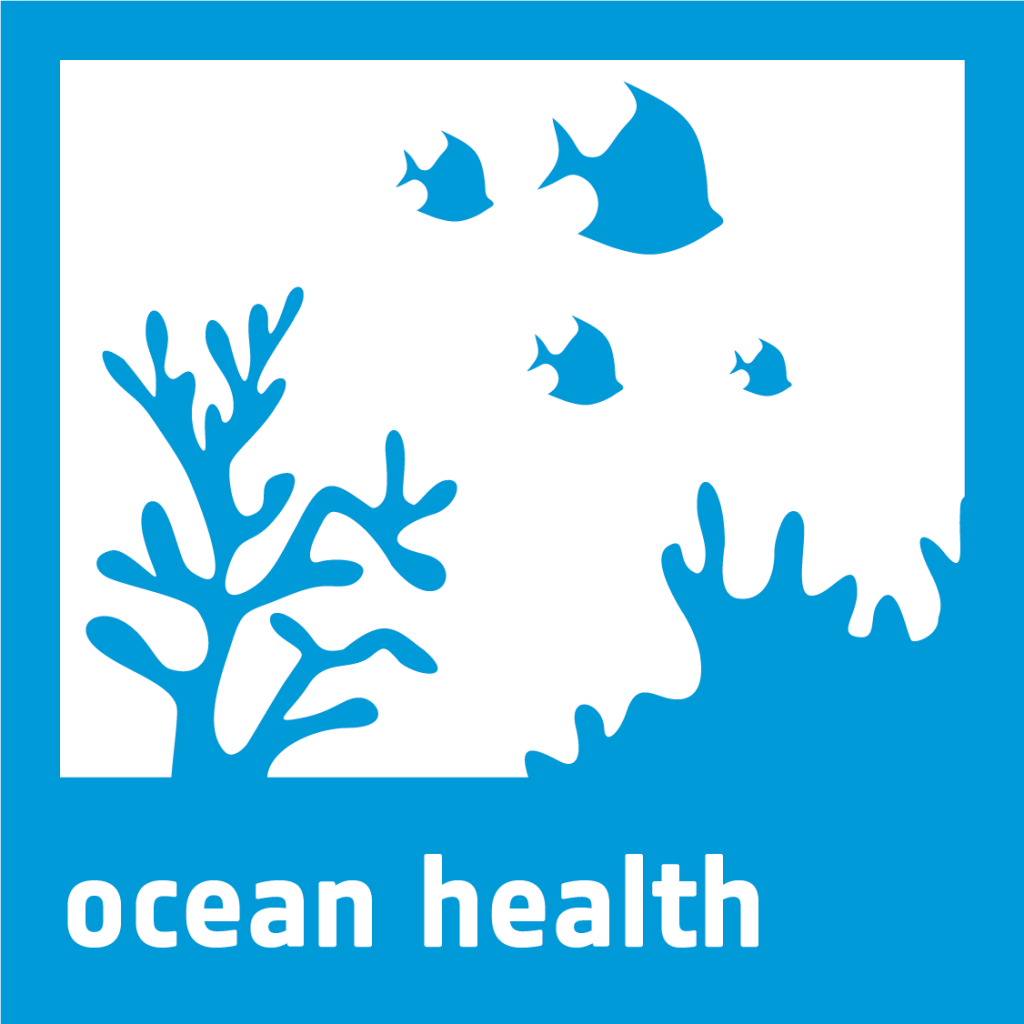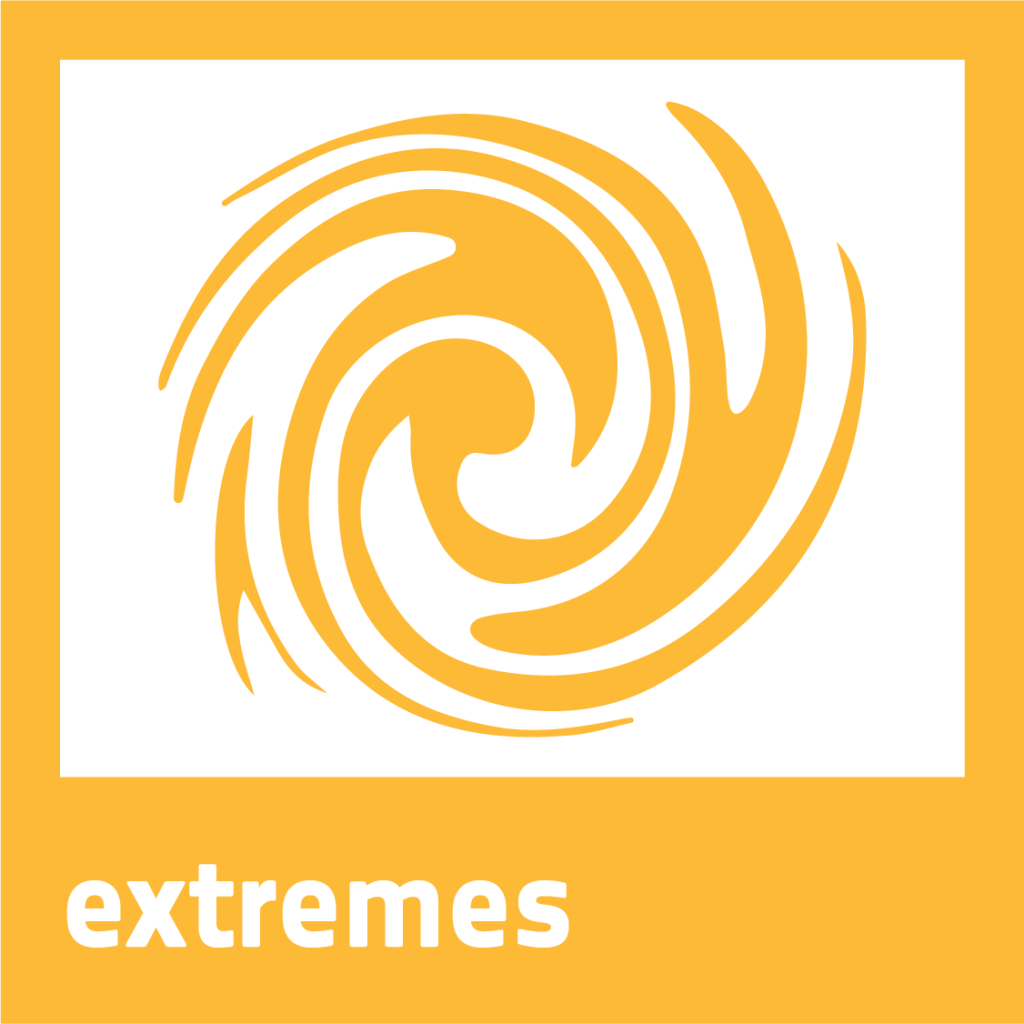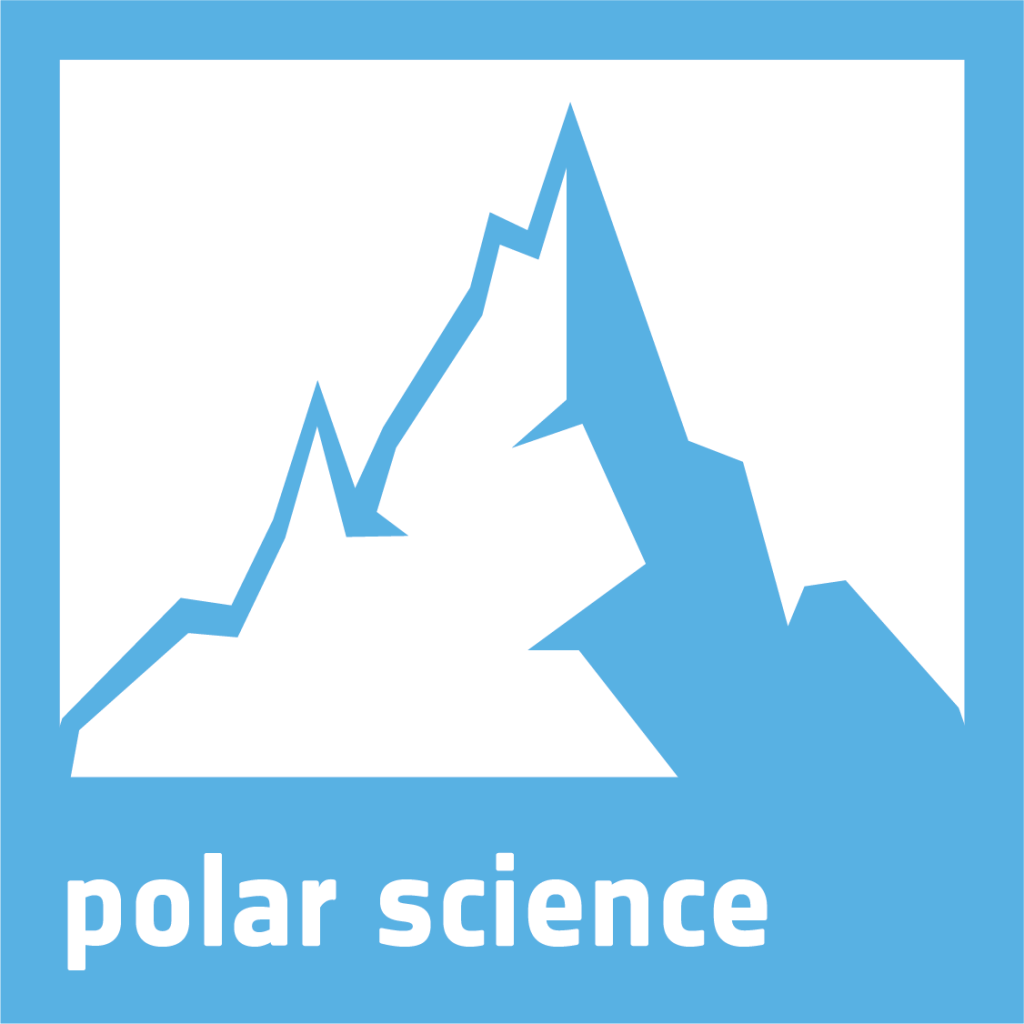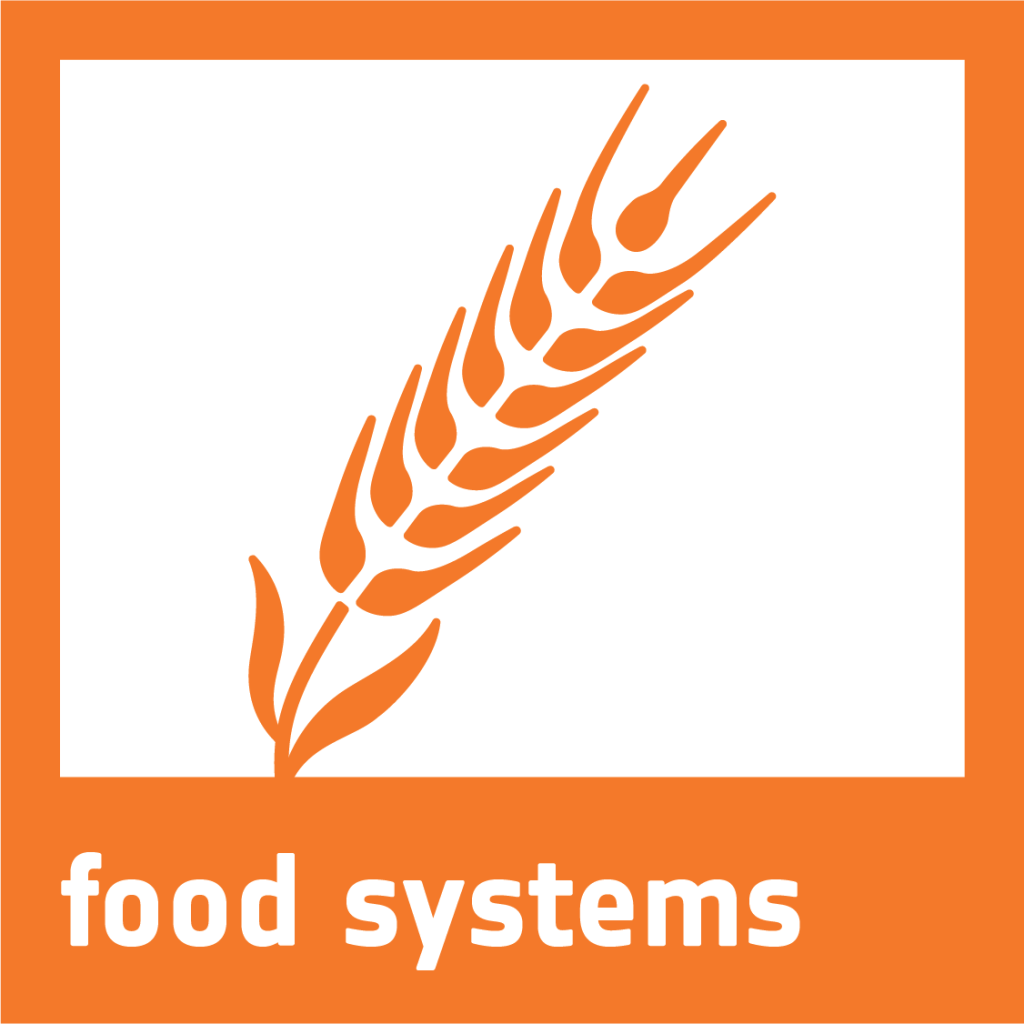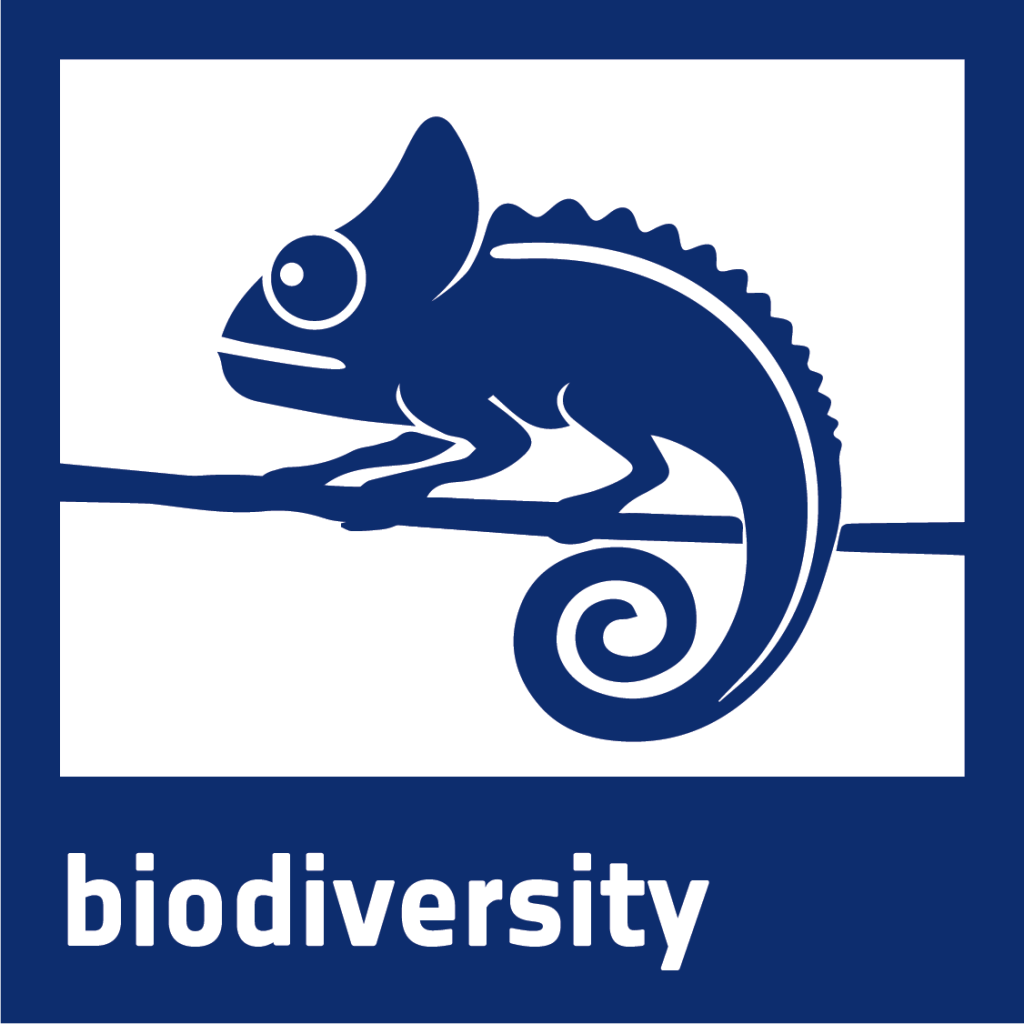Detailed agenda per Topic and Sessions wrap-up
Announcement
In the next decades, population growth is expected to amplify current pressures on critical resources such as fresh water or food, intensify the stress on land and marine ecosystems and increase environmental pollution and its impacts on health and biodiversity. Global warming and the increasing impacts of climate change, especially on most vulnerable populations, will further exacerbate these problems.
Addressing these unique set of global challenges and progressing towards a sustainable climate transition, requires more than ever that scientists advance their understanding of our planet, its processes and its interactions with human activities and ecosystems, and translate that knowledge into solutions for society.
Europe has now a unique opportunity to lead the global scientific efforts to address these challenges. Europe is developing on the most comprehensive and sophisticated space-based observation infrastructure in the world, including the Copernicus Sentinels series, the ESA’s Earth Explorers, the upcoming meteorological missions and novel satellites launched by national space agencies and private operators in Europe. This comes at the time where the global economy turns into digitalisation in an abrupt way departing from the traditional wealth creation of the 20th and 19th century and making information the fuel of our societies.
Ensure the scientific community takes full advantage from this unique opportunity and maximise its scientific and societal impact is urgent and will require a significant collaborative effort. The synergistic use of EO satellite data, in-situ and citizen observations, advanced modelling capabilities, artificial intelligence, and new HPC and cloud computing technologies will be essential elements.
Sharing this vision, in January 2020, EC and ESA launched a joint Earth System Science Initiative aiming at joining forces to advance Earth System Science and its contribution to respond to the global challenges that society is facing in the onset of this century.
This event is an invitation to scientists, research institutions, policy makers, innovators, industry, ESA activities and Horizon Europe projects to participate in such initiative and contribute to advance science for a green and sustainable society.
Goals
This event focuses on:
Reviewing the latest advances in EO and Earth System Science across domains and specially to showcase the latest ESA and EC funded results, projects (e.g., ESA Science Clusters), and initiatives as a basis for networking and interdisciplinary science.
Coordinating European scientific efforts to advance Earth System Science as the key enabler to address some of the major challenges that society is facing in the onset of this century.
Exploring opportunities to line up scientific activities, fostering networking and collaborative research across teams and projects in Europe;
Exploring funding opportunities offered by ESA FutureEO and EC Horizon Europe programmes for collaborative research in Earth system science.
Coordinate efforts to foster the scientific excellence of Europe in the international scientific arena, providing a coordinated contribution to major international scientific efforts, initiatives and programmes;
Discuss and identifying major scientific challenges and research needs and define key scientific priorities that may drive new collaborative activities of ESA and EC in the coming years.
Exploring opportunities offered by latest technologies and Open science to share expertise, data and resources ensuring that the results may be bigger than the sum of the parts. Exploring opportunities to foster the transfer of latest results in science to operational programmes such as Copernicus and DestinE.
Themes
Themes shall focus on different aspects of Earth system science and specially some of the key Flagship activities identified by EC and ESA as key priorities for collaborative research:
- Ocean: Advance our observing capacity and scientific understanding of the Ocean, its role in the Earth and climate system and its responses to climate change and management actions and establish a scientific base for developing the next generation of Ocean observing system and the Digital Twin of the Ocean as an advance tool for climate adaptation and to support actions aiming at reversing the cycle of decline of Ocean’s health and at improving conditions for its sustainable development.
- Carbon: capitalize on the increasing satellite observation capacity, together with numerical models, in-situ networks, and novel technologies, for a better understanding and quantification of the carbon cycle (with special focus on CO2 and CH4), its pools and fluxes and their sensitivity to climate change, with a special attention to the land biosphere including the natural ecosystems, land use, agriculture and forests establishing a solid scientific basis to advance towards a carbon-neutral society.
- Polar changes and regional and global impacts: Improving our observation capabilities, basic understanding and prediction capacity of the different changes taken place in the polar regions, the Arctic, Antarctic systems the 3rd Pole (High mountain ranges), their root causes and its impacts on society and ecosystems to support local communities and Europe in preparing for and managing climate related risks.
- Climate attribution – Extremes and multi-hazards: Advance in the preparation of Europe to deal with geo-hazards and climate disruptions, advancing our capacity to better understand and preparing for and managing climate risks such as heatwaves, forest fires, droughts, floods, storms, and related multi-hazards (cascade and compound events).
- Biodiversity: Enhance observations and fundamental scientific understanding and predictive capability, on the status of and threats to vulnerable ecosystems, the connections between biodiversity, ecosystem integrity and ecosystem services delivery, as well as of the complex interactions of ecosystems with the Earth and climate system.
- Agriculture under pressure: Improve our observation capabilities and advance the scientific basis to support resilience of agricultural productivity to climate change, including the response of food production to many co-occurring stressors including diseases, pests, water scarcity, land degradation and hydro-climatic extremes, and transfer science results into adaptation measurements and alternative management practices.
ABSTRACTS
The Abstract for Posters submission interface is CLOSED. The Posters presenters will be notified with the relevant guidelines ASAP.
If you are an invited oral presentation you can submit, by topic,the title of your speech HERE, you just need to insert the title of your talk, no abstract is required. Deadline extended to 13/11/2023
Participation
The registration to participate to the event is CLOSED.
IMPORTANT: Due to the high number of parallel sessions and to respect the on site room capacity, invited speakers will receive the registration link separately.
The workshop will be structure through a set of plenary and parallel topical sessions addressing some of the key Flagship Actions of the EC-ESA Joint Earth System Science Initiative: Polar, Oceans, Carbon, Agriculture, Biodiversity, Extremes and multi-hazards.
Topical sessions will involve keynote speakers, presentations of ESA Science Clusters and EC projects and activities, round tables and open discussions aiming at reviewing lates developments and activities, exploring opportunities for collaboration, and identifying priorities for the future.
Poster sessions and networking, open to the community, especially young scientist will be organised during the event. The Abstract for Posters submission interface will open soon.
The official language of the Workshop is English. No participation/registration fee will be charged. Participants are expected to finance their own travel and accommodation expenses.
Contact info
For information regarding the submissions, author instructions, scientific committee related inquiries please contact
EO4Society.Conf@esa.int
Organising Committee
Anca Anghelea
European Space Agency, ESA
Katy Burrows
European Space Agency, ESA
Diego Fernandez Prieto
European Space Agency, ESA
Elody Fluck
European Space Agency, ESA
Isobel Lawrence
European Space Agency, ESA
Sabrina Lodadio
Serco c/o ESA
Marc Paganini
European Space Agency, ESA
Stephen Plummer
European Space Agency, ESA
Irene Renis
Serco c/o ESA
Marie-Helene Rio
European Space Agency, ESA
Roberto Sabia
European Space Agency, ESA
Ulla Vayrynen
Serco c/o ESA
Claudia Vitolo
European Space Agency, ESA
Espen Volden
European Space Agency, ESA
Martin Wearing
European Space Agency, ESA



